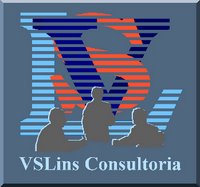The acquisition and activation of knowledge
The acquisition and activation of knowledge, both explicit and tacit, seems to help people succeed in their day-to-day endeavors. As such, it would seem to follow that it would be useful for educators. Thus it appears that educators ought to increase the explicit and tacit knowledge stores of their learners.
A great deal of research in education has addressed increasing knowledge in learners, but most of it so far has focused on the development of explicit knowledge. Tacit knowledge has been mostly overlooked. Does this mean that tacit knowledge cannot be taught?
The researchers of the Practical Intelligence for Schools (PIFS) research project suggest that tacit knowledge can be taught and learned (Gardner, et al., 1994; Sternberg, et al., 1990). However, there are some theoretical and practical arguments, particularly from the constructivist perspective, that suggest that tacit knowledge that has been learned through didactic means is not as useful as tacit knowledge that has been acquired through experience. Can these seemingly contradictory positions be integrated?
This article will examine three issues relating to the acquisition of tacit knowledge. The first part will summarize Sternberg's techniques for teaching tacit knowledge (Sternberg & Wagner, 1986; Sternberg, et al., 2000), especially as they were exemplified in the PIFS project.
The second part of this article will describe constructivism and look at how some interpretations of constructivism would question the robustness of the knowledge learned in PIFS. The final section will describe a potential "middle road" that integrates the two perspectives.
Extraído de
How can Tacit Knowledge and Intuition be Cultivated in Oneself and Others?
Scott Armstrong, September, 2001
Scott Armstrong, September, 2001


<< Home